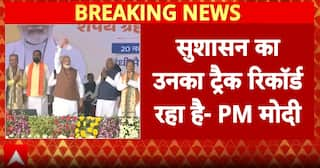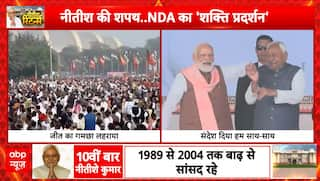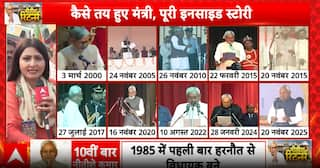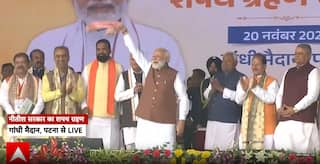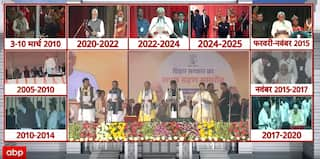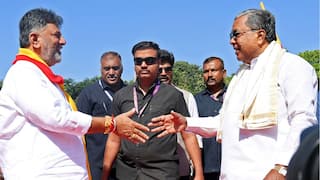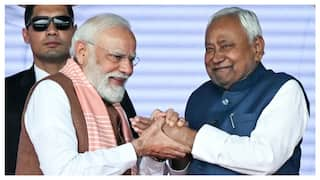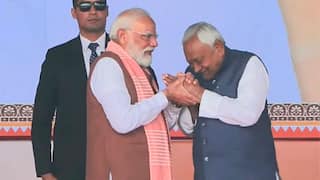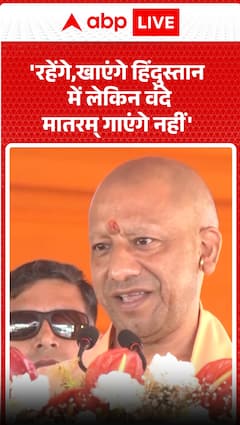‘May Force Gamers To Offshore Platforms’: As GST Council Levies 28% Online Gaming Tax, Here’s How The Industry Is Reacting
GST on online gaming will be enforced irrespective of skill-based games or luck-based games.

During its 50th meeting on Tuesday, the Goods and Services Tax (GST) Council announced a 28 per cent tax for online gaming, casinos, and horse racing, for full face value. As per Finance Minister Nirmala Sitharaman, the council doesn’t intend to “end any industry” but there were discussions “moral question” posed by the online gaming sector.
The minister said after the meeting, “Our agenda is not to end any industry, all types of businesses have to function. There was discussion on the moral question that on one front, you do not want to end an industry. But that does not mean that you give more incentives to them than essential goods. All states participated in this decision which has been pending for the last 2-3 years. We could take the decision today because every state clearly participated in it.”
The GST will be applicable on the full value of bets placed or the complete amount of consideration paid.
Notably, Sitharaman claimed that the tax on online gaming will be enforced irrespective of skill-based games or luck-based games.
She clarified, “We will still align with what MeitY wants to bring in as their regulation. There will be an amendment to Schedule III of the GST Act and we will be bringing online gaming into the actionable claim list where item number 6 clearly says betting, gambling, and lottery are already in it. We will be including online gaming and horse racing also into it. Therefore they will be taxable on full face value at 28 per cent.”
Online Gaming GST: How The Industry Is Reacting
The country’s gaming industry didn’t take the GST announcement in a positive light.
As per Shivani Jha, Tech Policy Lawyer and Director, EPWA (E-Gamers and Players Welfare Association), the move “will not only discourage players from playing, the professionals for whom its a livelihood will be burdened by taxation.”
“This development indicates an increase from 1.8 rupees per 100 rupees spent on a game to 28 rupees on per 100. It may also force them to play on offshore platforms, and the whole vision of creating a digital progressing gaming ecosystem seems blurry at this point," Jha added.
Even BharatPe founder and celebrated Shark Tank ex-investor Ashneer Grover took to Twitter to share his thoughts. "It was good fun being part of the fantasy gaming industry - which stands murdered now. $10 billion down the drain in this monsoon," Grover tweeted.
RIP - Real money gaming industry in India. If the govt is thinking people will put in ₹100 to play on ₹72 pot entry (28% Gross GST); and if they win ₹54 (after platform fees)- they will pay 30% TDS on that - for which they will get free swimming pool in their living room come…
— Ashneer Grover (@Ashneer_Grover) July 11, 2023
Esports tournament platform Gamerji founder and CEO Soham Thacker said that the announcement will leave an impact at multiple levels — including user base, revenues, and investor sentiment — for both real money gaming (RMG) and non-RMG titles as “no distinction has been made.”
Thacker added, “For non-RMG companies like ours, we expect a slight impact on the subscription-driven revenues. Currently, on our platform, we levy 18 per cent GST on the total subscription cost, which now goes to 28 per cent, making it more expensive for the users to get on the platform. So in the short run, it is likely that some companies will absorb this impact to a large extent thus taking a hit on their revenues or they may consider increasing the subscription cost. Many gaming companies in order to limit the impact on the investors’ side, may choose to relocate their business outside India making this geography their secondary market.”
As per gaming-focused social networking platform Qlan co-founder and CEO Sagar Nair, the decision will have a “significant impact on the online gaming industry, which unfortunately includes the esports community.”
He added, “While we understand that the government needs to impose such measures on casinos, horse racing, and gambling, the higher tax rate is not justified for the competitive gaming community. It can discourage new players from entering the market as their hard-earned earnings generated through their efforts just like mainstream athletes will be taxed on the same level as those involved in gambling and other such practices.”
"Yet again, esports being included in the same domain as online gaming, horse racing, and casino, has put our industry at a major disadvantage," said Rohit Agarwal, the founder and director of gaming-focused marketing firm Alpha Zegus.
"While the government might have fair reasons to impose higher GST on horse racing and casino winnings, imposing the same rules on an industry like esports doesn't seem fair. Esports does not only have a 'win or lose' situation basis luck but has a very big element of skill that determines the outcome of the game. This is not what I expected, and our fight to separate esports from other labels still continues."













